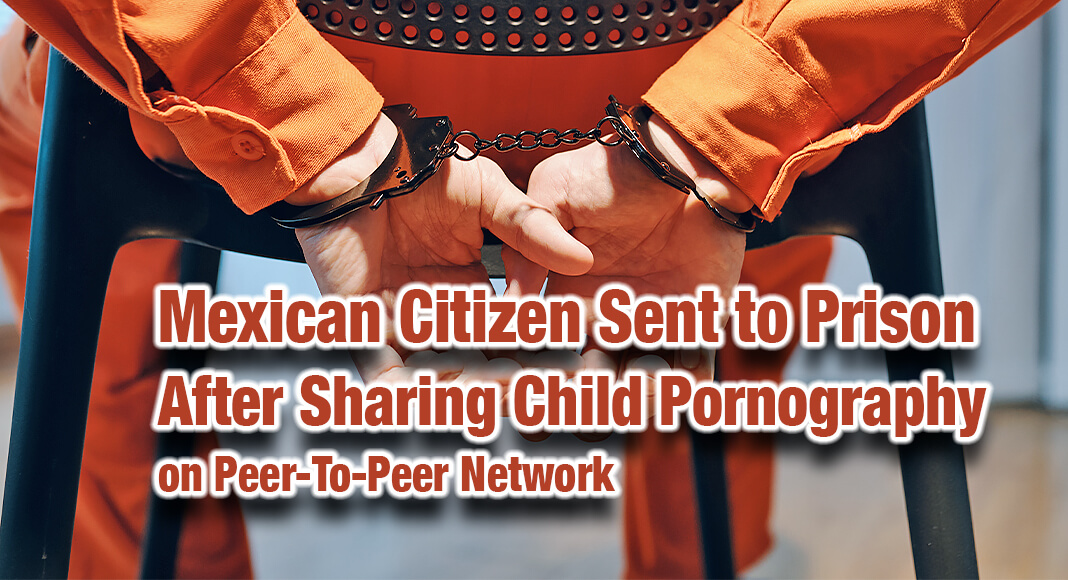
Texas Border Business
U.S. Attorney’s Office, Southern District of Texas
BROWNSVILLE, Texas – A 33-year-old Mexican national residing illegally in the United States has been sentenced for possession of child pornography, announced U.S. Attorney Alamdar S. Hamdani.
Juan Francisco Meza-Chavez pleaded guilty Sept. 5, 2023.
U.S. District Judge Rolando Olvera has now ordered Meza-Chavez to serve 97 months in federal prison. At the hearing, the court considered victim impact statements and ordered $45,000 in restitution to be paid to them. Meza-Chavez was further ordered to serve 20 years of supervised release to be served following the completion of his prison term. During that time, he will have to comply with numerous requirements designed to restrict his access to children and the internet. He will also be ordered to register as a sex offender.
The investigation began in May 2022 following an investigation into the BitTorrent network in which they were able to identify the IP addresses of individuals sharing child pornography. They linked one of the IP addresses to Meza-Chavez.
On Oct. 13, 2022, law enforcement executed a search warrant at Meza-Chavez’s residence. There, authorities seized numerous electronic devices capable of storing child pornography.
A forensic analysis of the devices resulted in the discovery of 40 videos and 11 images of child pornography.
Meza-Chavez will remain in custody pending transfer to a U.S. Bureau of Prisons facility to be determined in the near future.
The FBI conducted the investigation.
Assistant U.S. Attorney Ana C. Cano prosecuted the case, which was brought as part of Project Safe Childhood (PSC), a nationwide initiative the Department of Justice (DOJ) launched in May 2006 to combat the growing epidemic of child sexual exploitation and abuse. U.S. Attorneys’ Offices and the Criminal Division’s Child Exploitation and Obscenity Section leads PSC, which marshals federal, state and local resources to locate, apprehend and prosecute individuals who sexually exploit children and identifies and rescues victims. For more information about PSC, please visit DOJ’s PSC page. For more information about internet safety education, please visit the resources tab on that page.
Updated June 18, 2024














